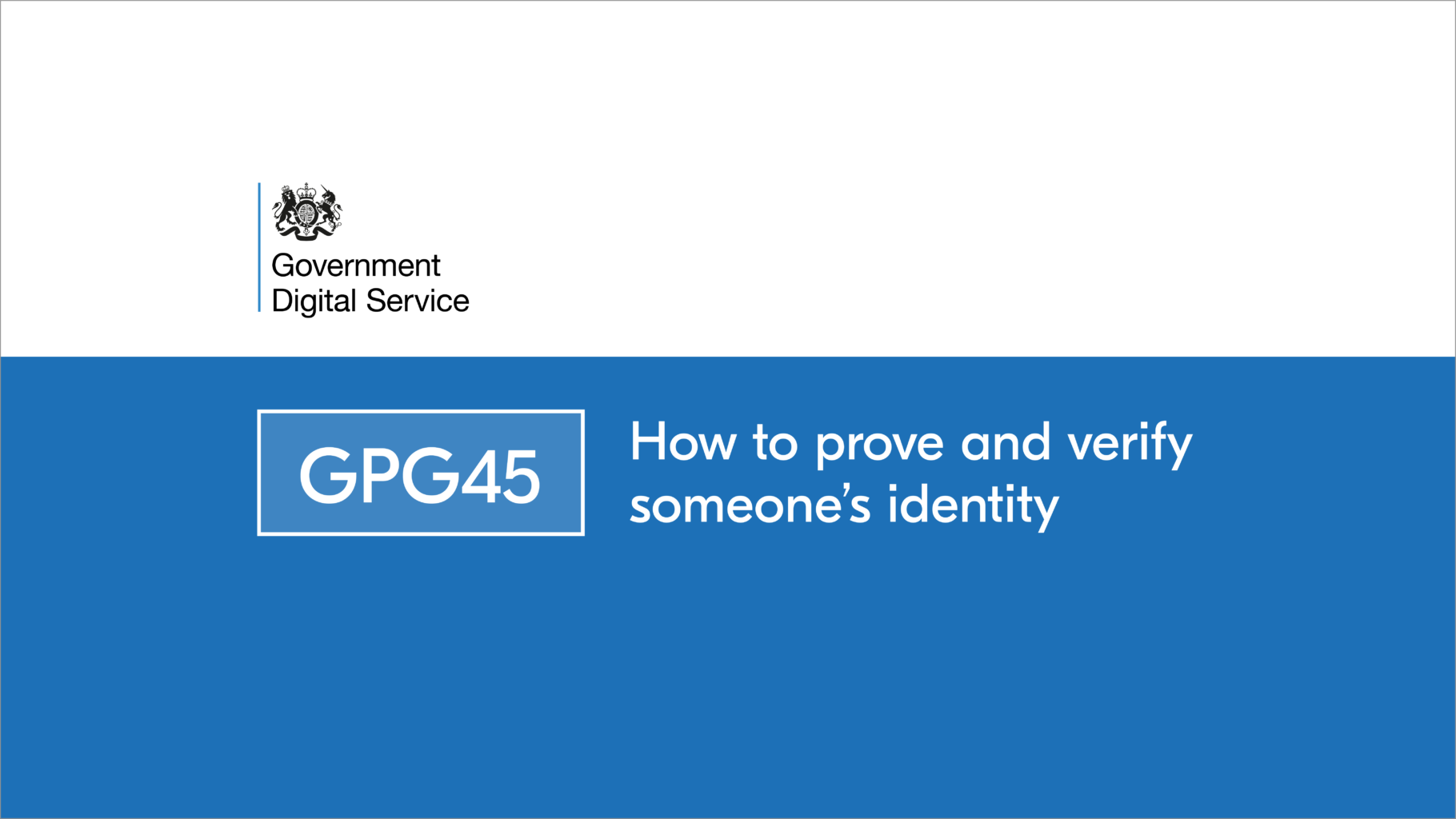Regulation
Louisiana Age Verification Law: Arriving 2023
A new Louisiana law will allow parents to take legal action against companies that do not have reasonable age verification in place to keep minors out of porn sites and other sites containing harmful material. The law focuses on pornography, citing that “advances in technology, the universal availability of the internet, and limited age verification requirements” have created a public health crisis. The Louisiana Age Verification law will come into effect on 1st January 2023. It’s a significant milestone and demonstrates the important role an increasing number of lawmakers and regulators want age verification to play in keeping children
The UK's Online Safety Bill: moving towards a safer internet
The Online Safety Bill is the UK Government’s chance to make the internet safer for all. It is also a major step forward in the battle against online harms and goes hand in hand with our commitment to protect young people and the vulnerable online. While it’s the responsibility of everyone to make the internet a safer place, regulation is necessary to make businesses act responsibly. The Online Safety Bill’s key recommendations Since a first draft was issued in May, MPs and peers have made four recommendations, as well as many others, to strengthen the Bill: What’s illegal offline
In response to the ICO’s opinion on Age Assurance for the Children’s Code
The Age Appropriate Design Code is a statutory data protection code of practice from the ICO that applies to providers of Information Society Services that are likely to be accessed by children, such as apps, online games, and web and social media sites. The ICO released an Opinion that looks at how age assurance can form part of an appropriate and proportionate approach to reducing or eliminating risks and conforming to the code. This included opinions on age verification and age estimation technologies. We believe that some of the generalisations made about age estimation do not
A guide to the European Commission’s proposed legal framework for regulating high-risk AI systems
On 21 April 2021, not long after a leaked portion had caused a stir, the European Commission published its proposed legal framework for the regulation of artificial intelligence (“AI”). Whilst only a first draft, therefore subject to the push and pull of the amendment (or ‘trilogue’) process over the coming months, it marks an important milestone in the European Commission’s journey to engender a culture of ‘trustworthy’ artificial intelligence across the European Union. The proposal has important implications for the developers of biometric systems, like Yoti. Although it will undergo a number of revisions before the
GPG 45 guidance on identity checks opens up for the private sector
In April, we wrote about the significant changes made to the Good Practice Guide (GPG) 45, the UK government’s standard for checking and verifying someone’s identity. If you’ve ever had to verify your identity with the government, it’s likely the process followed GPG 45. The guide is made up of five parts: Get evidence of the claimed identity; Check the evidence is genuine or valid; Check the claimed identity has existed over time; Check if the claimed identity is at high risk of identity fraud; Check that the identity belongs to the person who’s claiming it.
Canada pioneers digital ID for all with new framework
This week, the Digital ID and Authentication Council of Canada (DIACC) announced the launch of a new framework for digital ID and authentication industry standards. The Pan Canadian Trust Framework (PCTF) will define how digital ID will roll out across Canada and will be alpha tested by DIACC members. As a long-standing member of DIACC, we’re incredibly excited to see the launch of this framework that we’ve contributed to with knowledge gleaned from our long-standing experience in the digital identity space. The PCTF itself is a huge collaborative achievement and has received over 3,400 public comments provided






